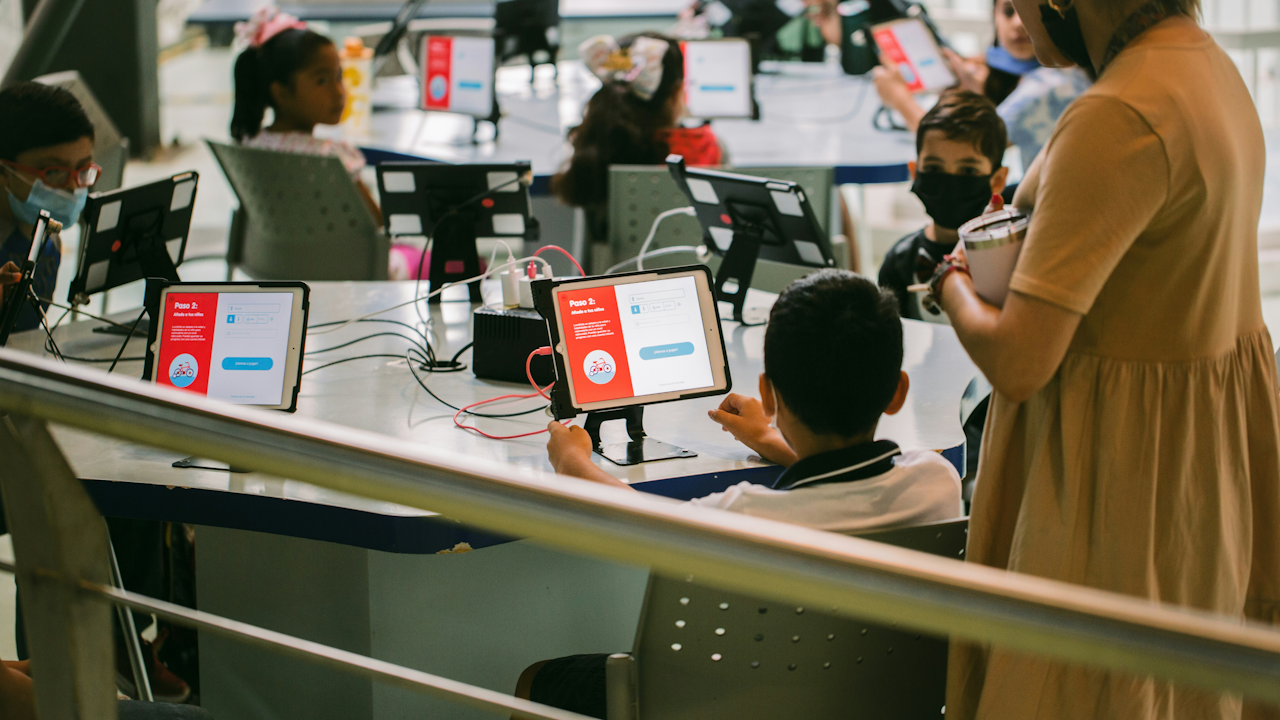The question of whether remote learning is here to stay is less about a binary yes or no, and more about understanding how it will integrate into the broader educational landscape. The rapid shift to remote learning, particularly accelerated by global events, has indelibly altered how we perceive and deliver education. It has demonstrated the potential for flexibility and accessibility, prompting a re-evaluation of traditional learning models.
One of the most significant shifts is the growing acceptance of hybrid learning. This approach, which blends in-person and remote instruction, offers a compromise that leverages the strengths of both modalities. It allows for the social interaction and hands-on learning that traditional classrooms provide, while also offering the flexibility and convenience of remote learning. This model is likely to become increasingly prevalent, as institutions seek to cater to diverse student needs and preferences.
Technological advancements play a crucial role in the future of remote learning. The development of more sophisticated digital resources, such as interactive simulations, virtual labs, and immersive content, will enhance the online learning experience. These technologies can provide students with engaging and hands-on learning opportunities, regardless of their location. Furthermore, the integration of artificial intelligence and machine learning can enable personalized learning paths, tailoring content and assessments to individual student needs.
Remote learning also has the potential to foster global collaboration. By connecting students and educators from around the world, it can facilitate cross-cultural exchanges and broaden perspectives. This can lead to a more interconnected and globally aware learning environment. Moreover, remote learning can enhance accessibility to education, particularly for individuals who may face barriers to traditional schooling, such as those living in remote areas or with disabilities.
However, challenges remain. Concerns about the quality of online education, the lack of face-to-face interaction, and the digital divide are valid considerations. Ensuring equitable access to technology and internet connectivity is crucial for the success of remote learning. Additionally, maintaining student engagement and motivation in online environments requires innovative pedagogical approaches.
The future of remote learning is not about replacing traditional education entirely, but rather about integrating it as a valuable component of a comprehensive educational system. It is about creating a more flexible, accessible, and personalized learning experience for all students. The ongoing development of technology and pedagogical practices will continue to shape the evolution of remote learning, ensuring its continued relevance in the years to come. In essence, remote learning has become a permanent fixture, and it’s continued evolution will shape the future of education.


